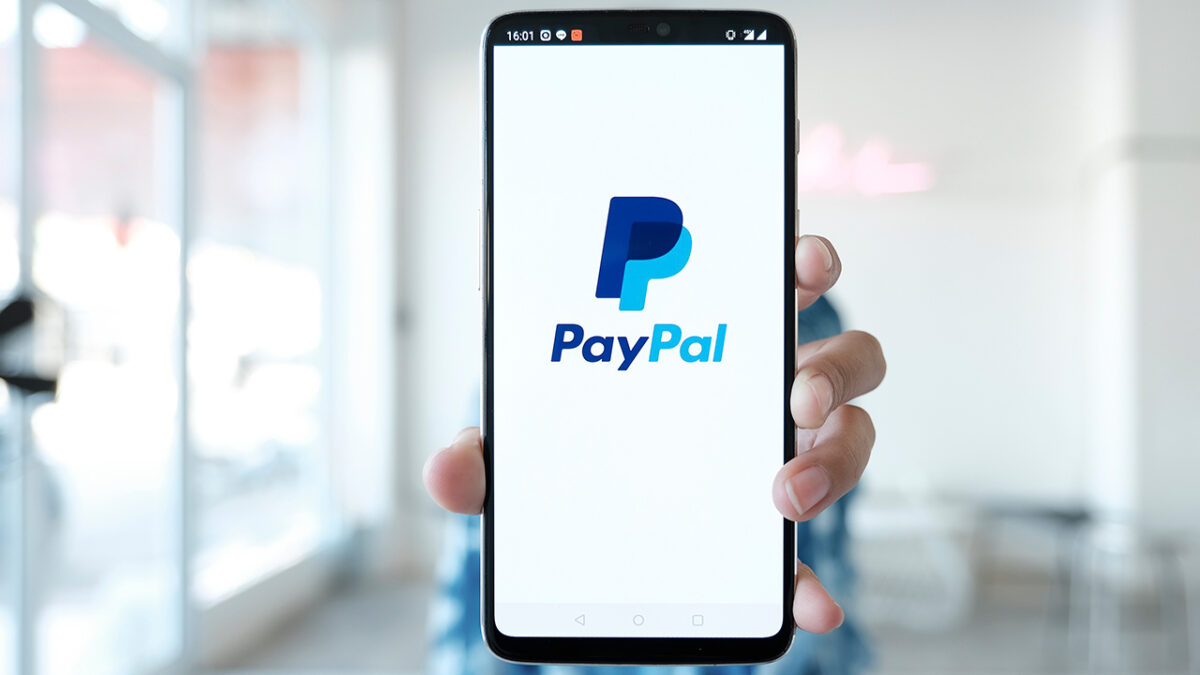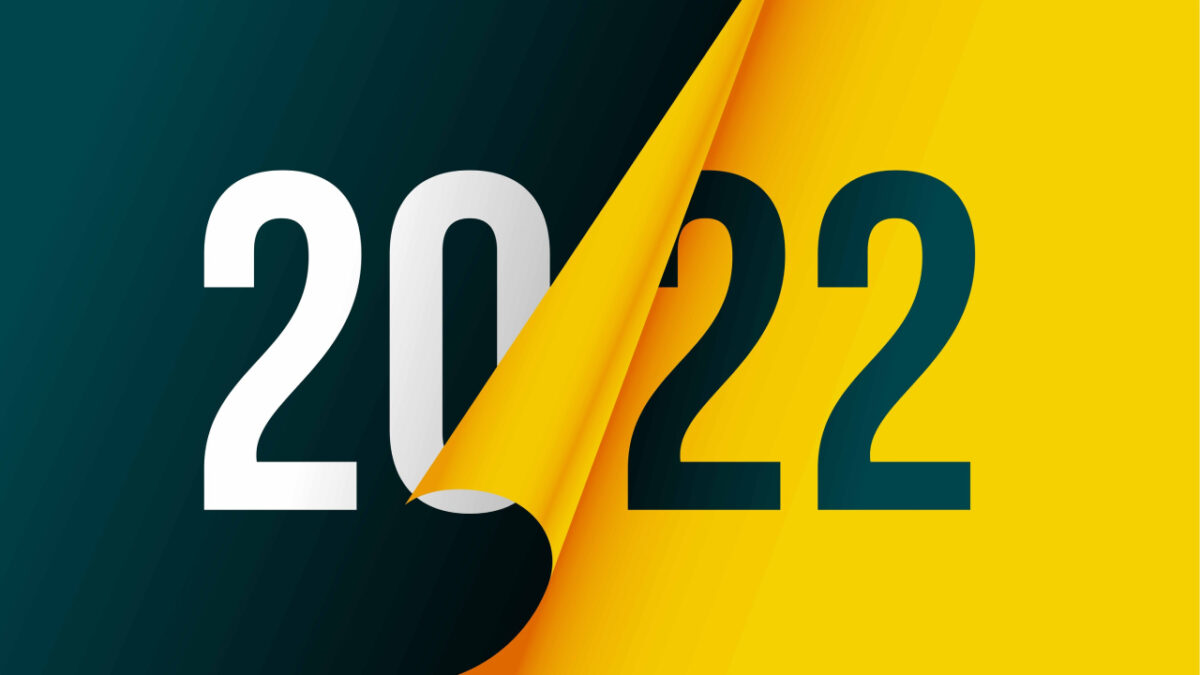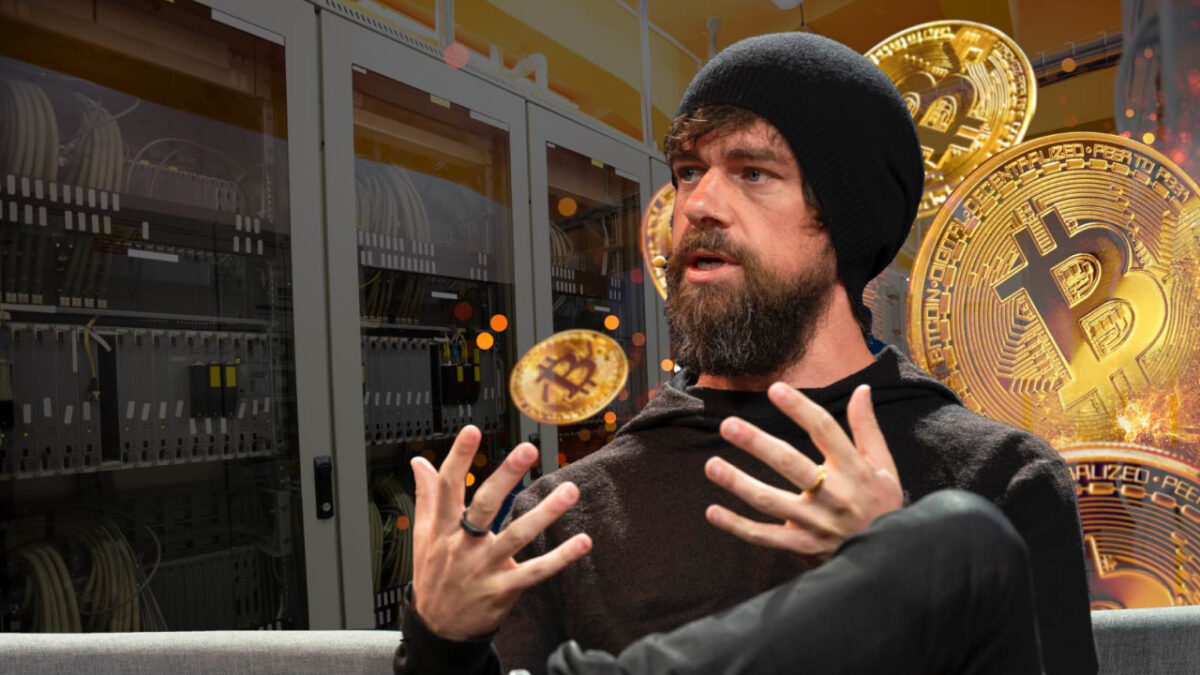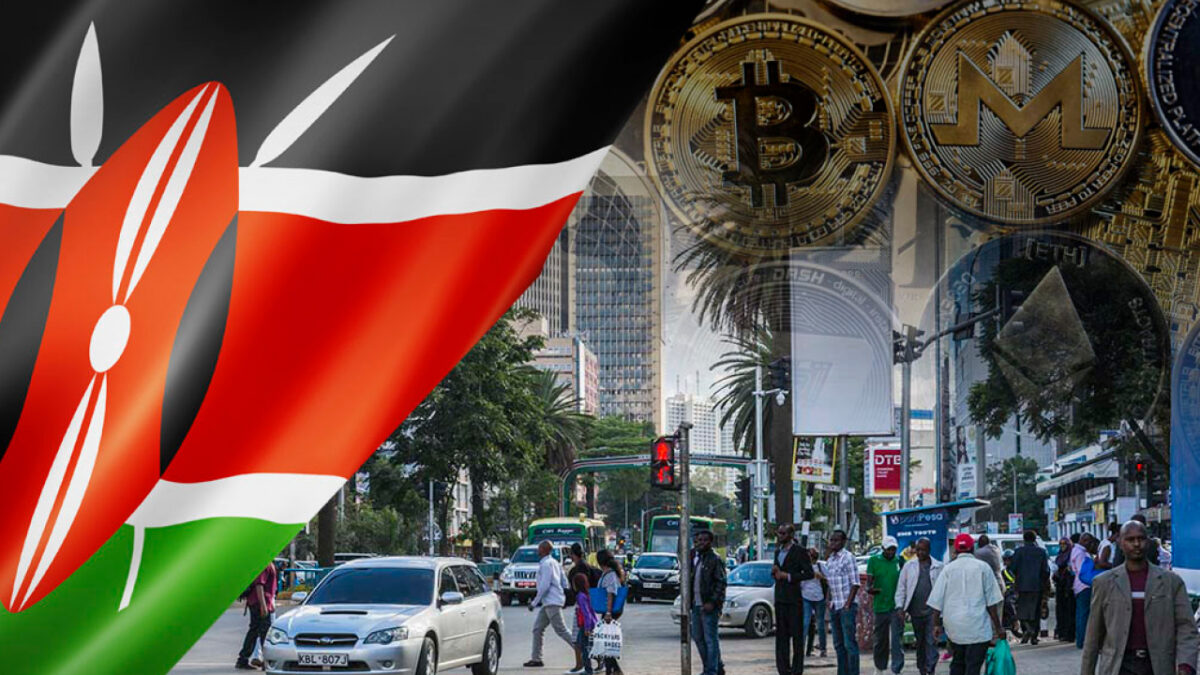El Salvador’s President, Nayib Bukele, said last June at the Bitcoin Conference in Miami that his country would soon embrace Bitcoin as legal cash.
That news drew a round of applause from Miami’s Bitcoin community, as well as praise from some of Bitcoin’s most outspoken supporters—Caitlin Long, Michael Saylor, and Peter McCormack—on social media. Others, including many El Salvador residents, were less enthused.
El Salvador’s Bitcoin Law took effect on September 7th, after months of demonstrations and debate. From protests to Bitcoin volcanoes to unlawful arrests and lawsuits, we’ve got a rundown of everything that’s transpired since El Salvador’s huge Bitcoin push.
Bitcoin hits the beach.
Bitcoin has been widely seen as anti-state from its inception over a decade ago, as a financial option for individuals who oppose government overreach and perceived financial establishment privacy violations.
But in El Salvador, Bitcoin took an unexpected turn: it became the government’s preferred currency.
“I will send a measure to Congress next week that will make Bitcoin legal tender,” Bukele assured the raucous Miami audience.
Despite its unusual nature, Bukele’s action was inspired by Bitcoin’s strategy. El Salvador’s state-wide inflation buffer was created by his policy.
El Salvador, as one of the few non-US economies that use the US dollar, is heavily reliant on remittances, which are funds sent back to friends and family from individuals working abroad (typically in the US).
Bukele, like many other Bitcoiners, has bemoaned the dollar’s proneness to inflation. To make matters worse, the money is not under Salvadorans’ democratic control. Salvadorans can only watch as their purchasing power diminishes if Washington, D.C. adopts economic policies that cause inflation.
It’s no longer the case. Bitcoin became Bukele’s new Salvadoran currency of choice due to its perceived value as a hedge against inflation.
“Today, the world changes for the better. Today, humanity takes a leap forward in instilling human freedom, financial inclusivity, and so much more,” Strike’s Jack Mallers raved on the day of Bukele’s announcement.
Putting the world on notice
When Bukele initially declared his support for Bitcoin in Miami, he was speaking to a small but fervent Bitcoin maximalist subset of the larger crypto community.
The rest of the world has been less excited about Bitcoin as legal cash because of its economics.
El Salvador’s decision to make Bitcoin legal cash produced various “macroeconomic, financial, and legal challenges that demand extremely thorough consideration,” according to the International Monetary Fund in June.
The World Bank weighed in the same month, stating that it would not assist El Salvador in making Bitcoin legal tender due to worries about the cryptocurrency’s lack of transparency and well-documented environmental damage.
Another red flag was raised by JPMorgan. “There are definitely substantial consequences for that country,” analysts at the bank stated in June. “However, it is difficult to envision any actual economic gains connected with adopting Bitcoin as the second form of legal cash.”
Zap Solutions Inc., whose digital wallet Strike has been used to enable cash-to-crypto transactions in El Salvador, has also been the subject of criticism. Zap was found to be operating without a license in the majority of US states, according to a Decrypt investigation. Many crypto purchases to El Salvador using Strike, according to experts, are likely unlawful.
Strike and CEO Jack Mallers did not respond to Decrypt’s requests for comment. Zap has since obtained money transmitter licenses in 17 states across the United States.
The Bank of England highlighted some of the same worries as the World Bank and IMF only last month. Andrew Bailey, the governor of the Bank of England, expressed concern over the country’s embrace of Bitcoin, saying that the “people of El Salvador understand the nature and volatility of the money they have.”
However, the past seven months have shown that El Salvador’s residents are aware of Bitcoin and do not want it imposed as legal cash.
Domestic Bitcoin controversies
The implementation of the Bitcoin Law and accompanying Chivo wallet in El Salvador has been far from straightforward.
Salvadorans have started reporting Bitcoin sums disappearing from their Chivo accounts without explanation only this month. To make matters worse, President Bukele has remained silent in the face of these reports. However, many Salvadorans have expressed dissatisfaction with the notion of Bitcoin being mandated by the government, not with the technology. Bukele had earlier stated that Salvadorans would not be forced to use Bitcoin if they so desired, but this has not been the case.
“What if someone doesn’t want to utilize Bitcoin?” says the narrator. “Well, nothing,” he tweeted in August, “don’t download the Chivo app and go about your business.”
Despite the statement by Bukele, the Bitcoin Law implied the contrary. Article 7 of the new law, states that “any economic agent must accept Bitcoin as payment when provided to him by whoever acquires a good or service.” As a result, Bitcoin will seemingly be compulsorily used by local merchants.
Salvadorans protested, protested again, and protested once again in opposition to Bitcoin. Several surveys conducted by universities revealed that the vast majority of Salvadorans thought Bukele’s Bitcoin bet was a bad idea.
Jaime Guevara, the Deputy Leader of El Salvador’s opposition party, the Farabundo Marti National Liberation Front, has taken the government to court. A group of persons who believe the law is unconstitutional and harmful backed Guevara.
So far, these measures have had little effect: Bukele, who has a well-documented authoritarian inclination, has continued to fly the Bitcoin flag.
A public blockchain with no transparency
El Salvador’s police enforcement detained Mario Gomez, a well-known Bitcoin critic, without a warrant in September.
“Mario was abducted by the cops. On the condition of anonymity, a local businessperson informed the media site Decrypt that he was ‘arrested’ without a judicial order. “It’s not apparent why Mario was shackled,” Gomez’s lawyer, Otto Flores, added.
Despite El Salvador’s harsh treatment of Bitcoin critics, the country’s judiciary secretly worked to strengthen Bukele’s grip on power. Foreign powers, including the United States, blasted a September judgment that permitted Bukele to serve two terms as president in a row as illegal.
Another Bukele opponent, Jose Miguel Vivanco, was blunt in his tweet: “What’s next? If we go by Venezuela’s past, suppression of the press, restrictions on civil society, complete impunity for human rights crimes, arrests of political opponents, and electoral fraud.”
When and how much should you buy Bitcoin?
Bukele has purchased almost 1,000 BTC using public funds as of today’s date.
If you look for the phrase “purchased the dip” on Bukele’s Twitter timeline, you’ll gain some insight into the president’s Bitcoin investment strategy. In September, October, November, early December, and days before Christmas, he purchased 150 BTC, 420 BTC, 100 BTC, 150 BTC, and 21 BTC, respectively.
The transparency, however, ends there. Nobody knows who has custody of the country’s private keys as of yet, which is a big problem given that El Salvador’s Bitcoin is being added to the Treasury.
In September last year, Nolvia Serrano, BlockBank’s chief of operations in El Salvador, remarked, “There are so many things that are not being disclosed. For example, who is in possession of the Bitcoin private keys? Also, what are the criteria for deciding whether or not to buy more Bitcoin today or wait till next month? That is something we are unaware of.”
“There’s no room for making bad decisions on this,” Serrano continued, “and we need to be transparent because the cryptocurrency community cares about these ideas.”









